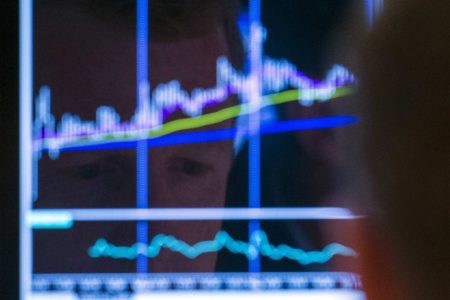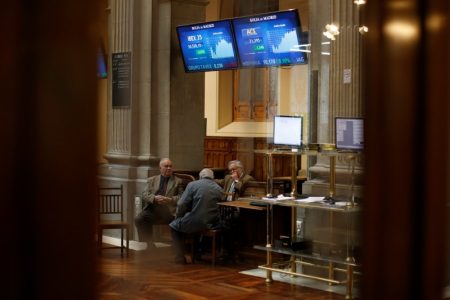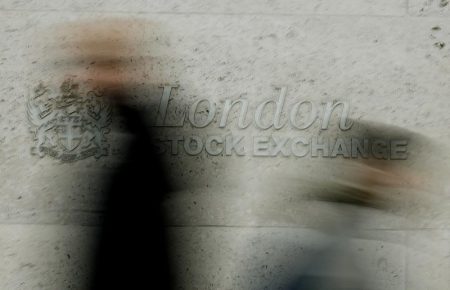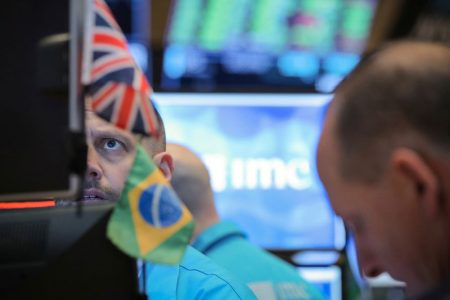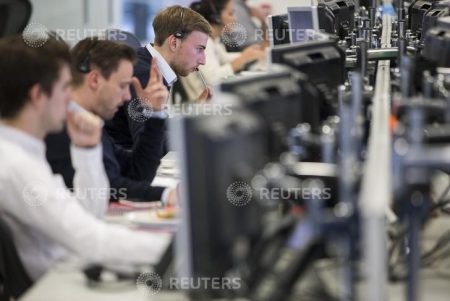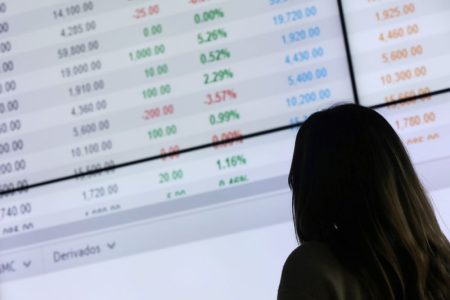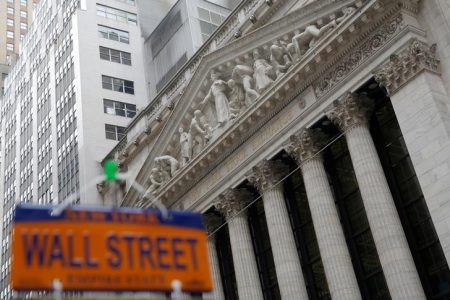Republican presidential candidate Donald Trump said on Thursday that U.S. presidents should be able to exert some influence over the Federal Reserve when it makes decisions on interest rates.
“I feel the president should have at least [a] say in there,” Trump said during a press conference at his Mar-a-Lago residence in Florida. “I think that in my case, I made a lot of money, I was very successful, and I think I have a better instinct than in many cases, people that would be on the Federal Reserve or the chairman.”
When Trump was in office, he frequently attacked the Fed’s policymaking decisions. The former president often criticized Chair Jerome Powell – whom he appointed in 2017 – for raising interest rates, including threatening to fire him and admonishing him as a “bonehead.”
TRUMP SAYS HE WOULD ALLOW FED CHAIR POWELL TO FINISH HIS TERM IF RE-ELECTED
On Thursday, the GOP nominee again criticized the Fed for getting “it wrong a lot,” and Powell for being a “little bit too early and a little bit too late” in moving interest rates.
Powell has repeatedly stressed the importance of the Fed’s political independence, and said that criticism from Trump or other politicians does not affect monetary policy decisions.
“I do think support for the Fed’s independence is very high, where it really matters on Capitol Hill, in both political parties,” Powell said in July at a conference in Portugal.
TRUMP VP PICK JD VANCE BREAKS WITH REPUBLICAN CONVENTION ON SOME TAX ISSUES
Powell’s second term as chair ends in May 2026, while his position on the Fed board continues until 2028.
Trump has indicated that he will allow Powell to finish his term at the helm of the central bank if he wins in November, but that he would not reappoint Powell to a third term as Fed chief.
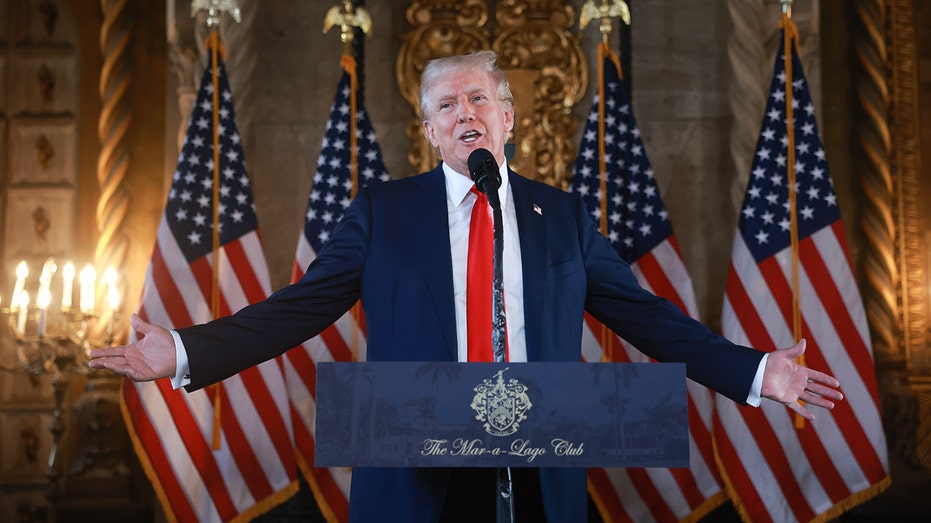
“I think he’s political,” he said during a February interview with FOX Business’ Maria Bartiromo. “I think he’s going to do something to probably help the Democrats, I think, if he lowers interest rates.”
Policymakers raised interest rates sharply in 2022 and 2023 to the highest level in more than two decades in a bid to slow the economy and cool inflation. Officials are now grappling with when they should take their foot off the brake amid signs that inflation is normalizing and the economy is cooling.
Higher interest rates tend to create higher rates on consumer and business loans, which then slow the economy by forcing employers to cut back on spending. Higher rates helped push the average rate on 30-year mortgages above 8% for the first time in decades. Borrowing costs for everything from home equity lines of credit, auto loans and credit cards have also spiked.
Read the full article here



